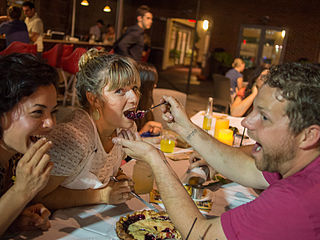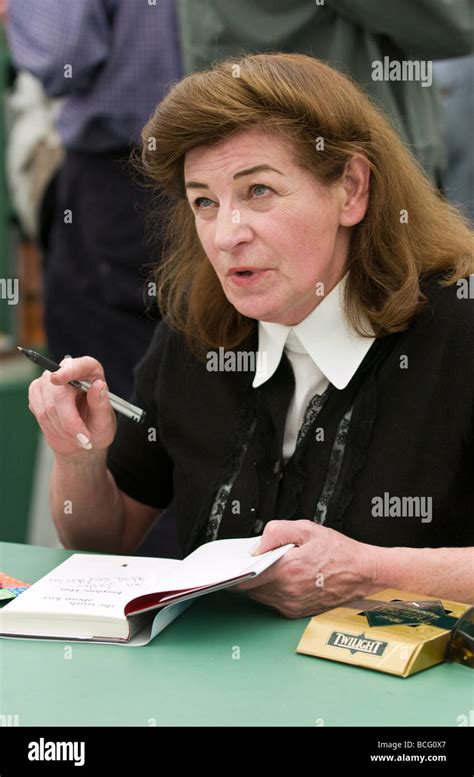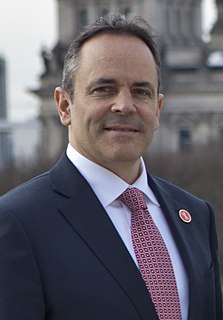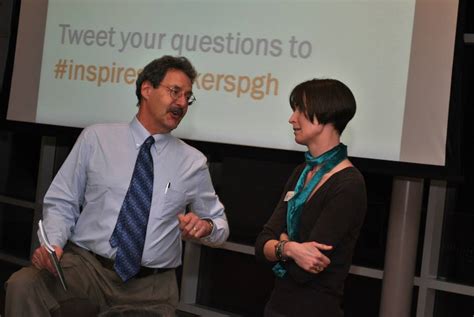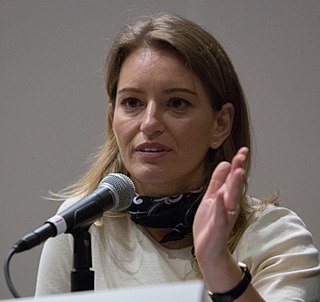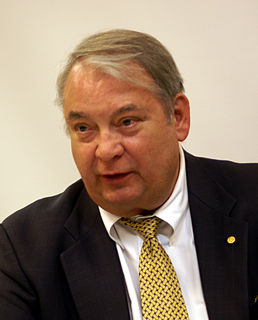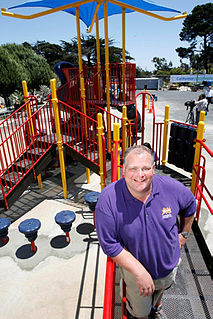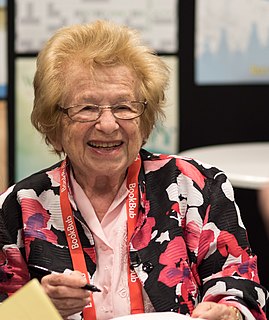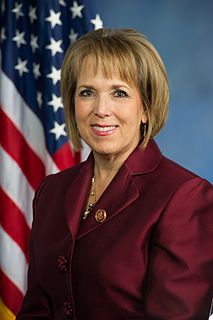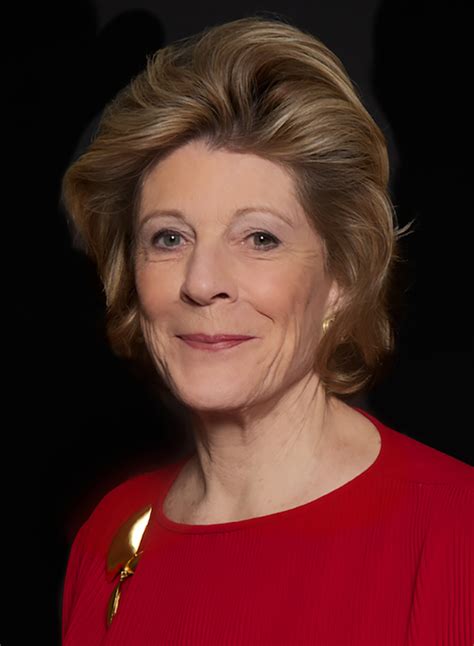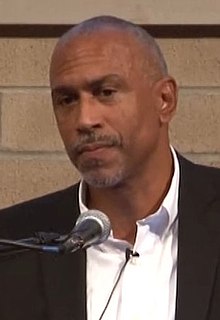Top 1200 Early Childhood Education Quotes & Sayings
Explore popular Early Childhood Education quotes.
Last updated on April 13, 2025.
And when it comes to developing the high standards we need, it's time to stop working against our teachers and start working with them. Teachers don't go in to education to get rich. They don't go in to education because they don't believe in their children. They want their children to succeed, but we've got to give them the tools. Invest in early childhood education. Invest in our teachers and our children will succeed.
Studies have proven that early childhood education returns to society as much as $12 for every dollar invested. Our goal is to identify the most important development opportunities for children five years and younger, providing insight to transform early childhood education from a social policy issue into an economic imperative.
Higher minimum wages, full-employment programs, early-childhood education: Those kinds of programs are, by design, universal, but by definition, because they are helping folks who are in the worst economic situations, are most likely to disproportionately impact and benefit African Americans. They also have the benefit of being sellable to a majority of the body politic.
I thought, "Well, I'm writing about early childhood, so maybe it would make sense to write about late childhood as well, early adulthood." Those were my thoughts, and this was how this crazy book [Winter Journal] was composed. I've never seen a book with pictures like at the end, pictures related to things you've read before.
I have the students for six hours a day. The community has them for 18 hours, plus prenatal and early childhood. I don't believe the schools create (the achievement gap), but our responsibility is not to add to it. We won't eliminate the gap until the community makes education a priority, but the schools can't wait for the community to do its part.
In Burma, we need to improve education in the country - not only primary education, but secondary and tertiary education. Our education system is very very bad. But, of course, if you look at primary education, we have to think in terms of early childhood development that's going back to before the child is born - making sure the mother is well nourished and the child is properly nurtured.
I was going to be a writer, and that turned into journalist. And then that turned into a career in children's literature, which turned into early childhood education, which turned into psychology, which turned into premed, which turned into nursing school, which turned into communication, which turned into marketing and advertising.
They say that childhood forms us, that those early influences are the key to everything. Is the peace of the soul so easily won? Simply the inevitable result of a happy childhood. What makes childhood happy? Parental harmony? Good health? Security? Might not a happy childhood be the worst possible preparation for life? Like leading a lamb to the slaughter.
The loss of my childhood was the price for becoming the youngest world champion in history. When you have to fight every day from a young age, your soul can be contaminated. I lost my childhood. I never really had it. Today I have to be careful not to become cruel, because I became a soldier too early.
President Obama is highly concerned with education. He's a champion on early-childhood development strategies. So I like the work he's doing, and I support it, and I realise that he's one of very few political leaders around the world that actually has early-childhood development strategise at the top of his agenda.
If the goal is to dramatically improve college completion rates, not college-going rates by itself but college completion, it's not just a college problem. We need a big focus on early childhood education. Our early childhood education system is pretty good in this country. Not enough students have opportunity. And, very discouragingly, they lose their advantage because they go to poor schools after that. So, let's focus on our babies.





















